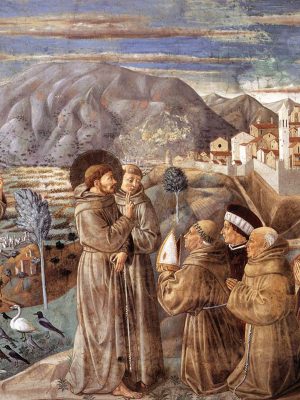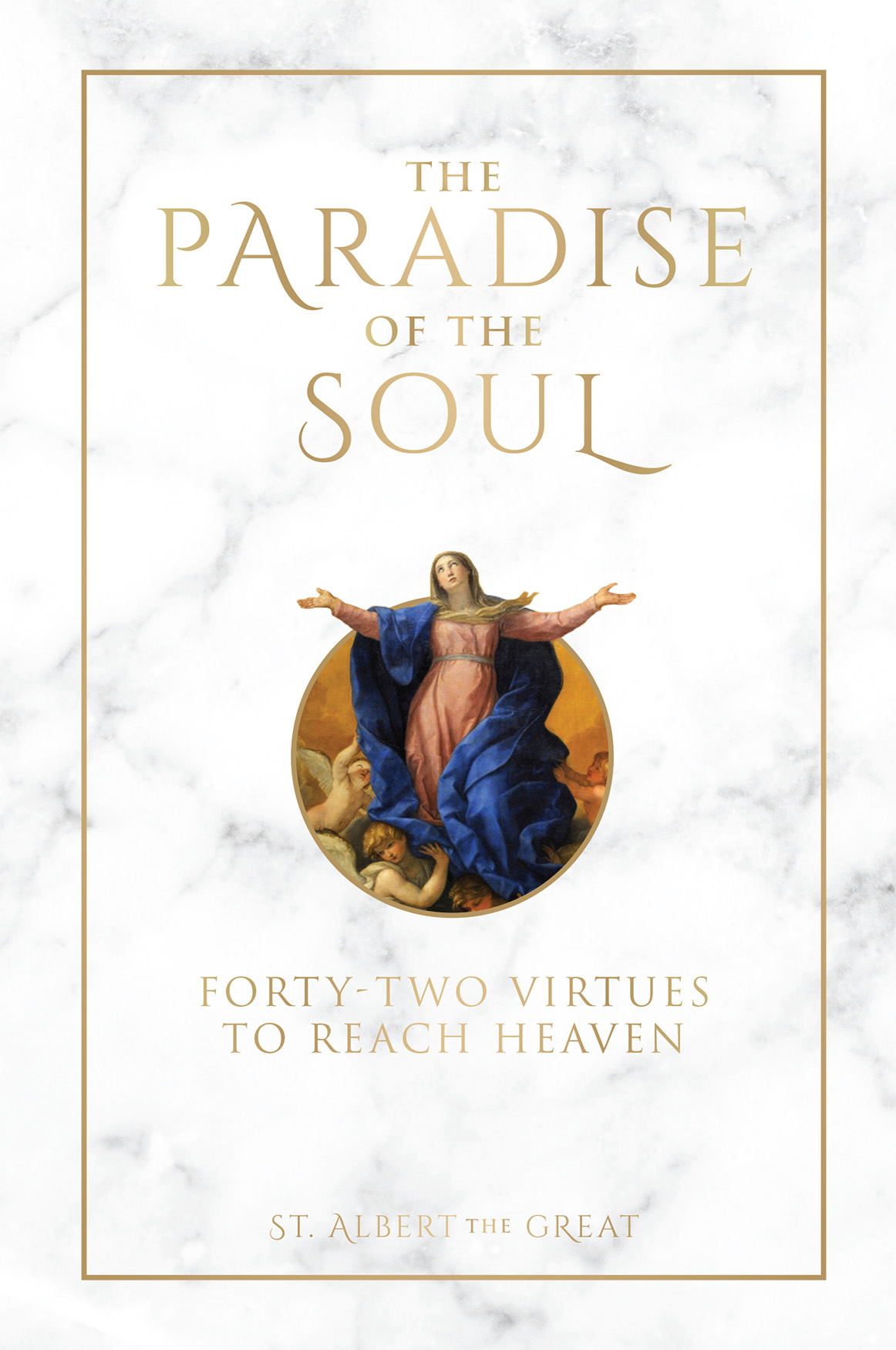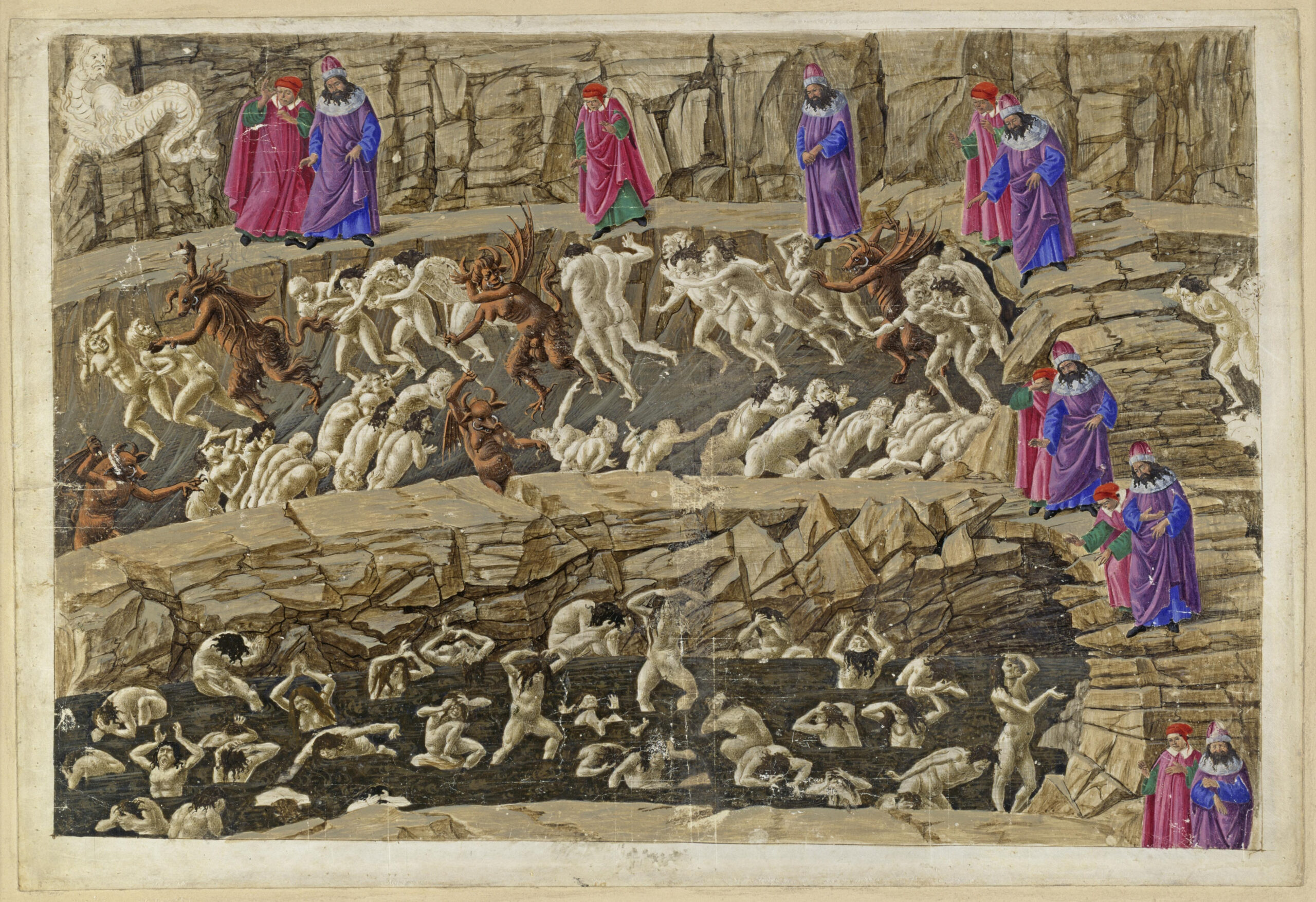Brimming with heavenly insights, The Paradise of the Soul presents forty-two virtues to reach Heaven. Read on for St. Albert the Great’s counsel on cultivating poverty of spirit.
To embrace the spirit of evangelic poverty perfectly means to be ready to leave all things freely for the sake of God and to seek to possess nothing beyond the necessities of life. Indeed, the charism of poverty even extends to being willing to go without things which are necessary at certain times, for the love of God. Where there is not an actual lack of something which is wanted or needed, then the virtue of evangelic poverty cannot be fully active.
Thus it was that our Lord Jesus Christ sometimes lacked the necessities of life, such as when He and His disciples were without bread, while passing through a cornfield. [At that time, His disciples, to satisfy this lack of food, were compelled to pick the ears of corn to eat them.] At certain times, Christ also lacked clothing, such as when he was stripped of His garments before the cross (as Saint Bernard testifies). And He lacked even water to drink, as He hung upon the cross and cried out, “I thirst!” And, while on the cross, He lacked also any place on which to rest His sacred head, in accordance with His own prophetic words.
Alas, how often do we complain that we lack something when in reality we have more than we really need! A person who is truly graced with the spirit of poverty desires no passing thing. Such a person will even decline to accept gifts offered to him, following the example of Elisha, who declined to accept what was offered to him by Naaman, or Daniel, who refused the reward given to him by King Belshazzar. The soul that cultivates evangelic poverty much prefers the glory of the kingdom of heaven than even the greatest earthly riches. And through poverty, he sees a means of imitating Christ more perfectly and more fully.
Three Considerations to Cultivate Poverty
According to Saint Bernard, there are three considerations which serve to lead us to value poverty. Nothing, he says, is more dear to God, nothing more beloved to the holy angels, and nothing is more fruitful for the human soul than to finish life in faithful obedience to poverty.
The same saint testifies that voluntary poverty pleases God. In heaven, there are infinite riches and glory, and endless length of life. But poverty cannot be found anywhere within that celestial realm. Thus it was necessary for Christ to descend to this earth as a human being in order to embrace the treasure of poverty which He so greatly loved and desired—for in this world, poverty may readily be had by anyone who chooses it. Now, the fact that Christ Himself sought out poverty in this manner should convince all of us that it is a thing to be greatly esteemed and sincerely valued.
Another consideration which should impel us to value voluntary poverty is that when Christ ascends to the glory of His throne of judgment at the end of the world, it will be persons of poor and humble background (namely, the apostles, who were fishermen) who will sit in judgment over a multitude of the rich and noble.
Oh, how meritorious it is in the sight of God to leave all things for Him, and to be willing to choose poverty for the sake of divine love! The person who does this places all his trust in God. And surely this same God in whom he trusts, and who is the omnipotent Lord of the universe, can minister to him the necessities of human life—which, if considered objectively, are nothing more than a little food once or twice a day. For God gives freely to all, even to His enemies, an abundance of what is necessary for life. But these necessities of life are only very small things in the sight of God.
His greatest gifts are the spiritual blessings and graces, which He can confer at any moment. And these He gives not to His enemies but reserves for those who love Him with all their heart. An indication of a genuine spirit of evangelic poverty is to have no concern for transitory things but to commit oneself entirely to the care of God with confidence and simplicity.
For God provides even to the birds of the air and the crawling things of earth all that they need. It is illuminating to consider the case of crows born with white feathers. When they are chicks, such birds are rejected by the parents, who are, of course, black. Nevertheless, even when ejected from the nest, these white crow chicks can survive, fed by the bounty of God, on the nourishment contained in dew or on the flies and insects which they find. And once they grow a little older and become black, their parents again begin to feed them. All the while, the little birds never cease to cry out strongly, with full confidence in the bounty of heaven.
This is truly a wonderful example of the providence of God towards all His creatures! Evidence of a false or feigned spirit of poverty or avarice [in a professed religious] is to seek for that which exceeds necessity, and to accept eagerly any gifts which are offered. The person who accepts gifts from others often does so at the price of their own liberty, according to what the Philosopher says, “To accepts gifts is to sell your freedom.” Indeed, Scripture similarly counsels us, “Do not accept presents too readily. For these can sometimes blind the eyes of the wise, and alter the decisions of the just.”
How can a person be said to have honestly embraced the charism of poverty if he does not wish to endure any shortages or occasional deprivations, and if he eagerly accepts all gifts that are offered to him and even subtly solicits them? How can a person be called a true lover of evangelical poverty if he gathers and stores up for himself anything more than the genuine necessities of life?
Prayer to God for Poverty of Spirit
Most kindly Savior, You are the God of ineffable majesty and infinite riches! Yet you became a poor human being for the sake of my salvation so that You could enrich me with the treasure of holy poverty. O Lord, what is it that You sought in this world? What was it that You found here? What was it that You chose for Yourself? It was poverty! For You chose to be born in the poverty of the stable, and You chose to die in the poverty on the cross. And upon that cross, You did not possess even water to drink, and lacked even a place to rest Your head. Teach me to follow Your example diligently so that I may strive to do as You did, O Lord, and to desire what You chose for Yourself. Let me embrace holy poverty joyfully and freely, and come to glory in the pain and deprivation of the cross.
My King, through Your grace, help me to bid farewell to all the empty glories and superfluities of this vain and deceptive world. When I find that I lack anything, let me rejoice in Your love, knowing that through holy poverty, I am able to emulate Your example more closely. May I never deceive myself, and come to mistake luxuries and excess for necessities. Let no solicitude for earthly things take possession of my heart, but rather may I be constantly mindful that in my true heavenly homeland, a superabundance of all good things awaits me. May I seek spiritual gifts more than material ones, knowing that You confer Your spiritual graces only upon those who truly love You. Lord, impart to me a disdain for all passing things so that I may cling more firmly to the treasures which are eternal. Amen.
ooo
This article is taken from a chapter in The Paradise of the Soul by St. Albert the Great which is available from TAN Books.








